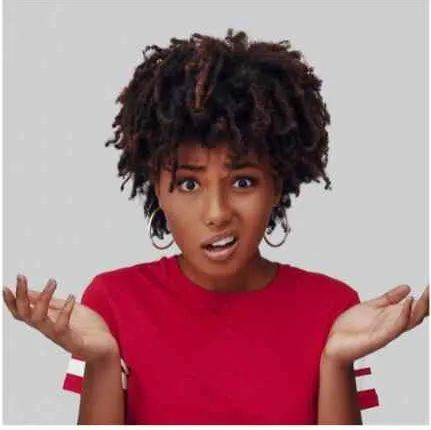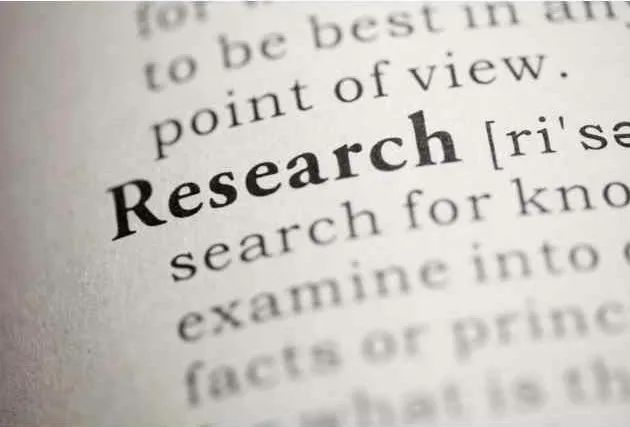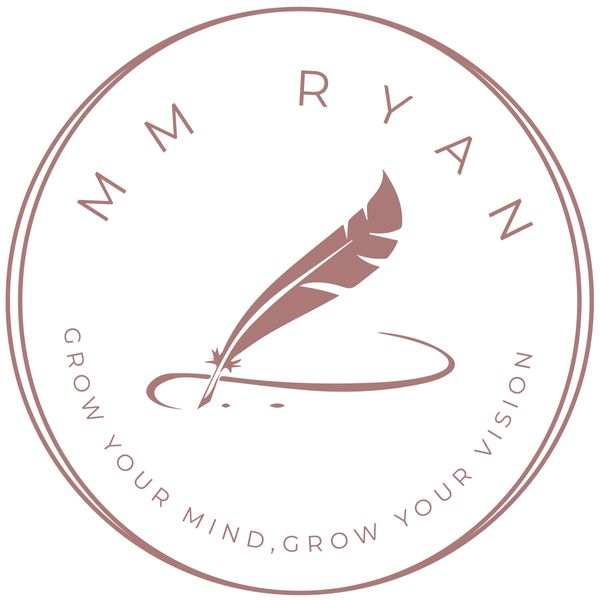
Finding the 'Write' Editor: An Author's Guide
Published by MM Ryan 9/13/2023
I know I’m a good editor--but not good enough for my own projects. The one novel I self-edited has needed multiple revisions due to obvious things I'd missed. When it’s our work, we know what we want to say, so our eyes skip over obvious errors.
That said, I haven’t had good experiences with editors, but I take the blame for this. I neglected to give myself the adequate budget or time needed to hire a quality professional. My last experience was so bad, I ended up editing my so-called edited copy—they should’ve paid me!!

Still, I believe taking the time to find a good editor is a worthwhile investment. I have often approached this step as a routine task to check off before I publish. I want it done fast and within my budget. This is a bad approach.
Sure, I value the fierce independence that comes with crafting my words without interference. However, there's a reason why even the most celebrated authors have editors by their side.
The right editor helps refine our writing, ensure clarity, and make our words shine. In this article, we'll explore the steps to avoid my missteps and help you locate the perfect editor who understands your vision and can elevate your writing to new heights.
1-Define Your Editing Needs
It's crucial to understand what type of editing you require. Editors can specialize in various areas, such as:
Developmental Editing:b Focuses on big-picture elements like plot, structure, character development, and overall coherence.
Copyediting: Concentrates on grammar, punctuation, spelling, and sentence structure.
Line Editing: Involves improving the flow of your writing, tightening sentences, and enhancing the overall prose.
Proofreading: A final check for typos, formatting issues, and minor errors.
2-Seek Recommendations
Word-of-mouth referrals can be invaluable. Online writing communities, social media groups, and writing workshops are excellent places to seek advice.
3-Online Directories and Freelance Platforms
Websites like Reedsy, Upwork, or Fiverr allow you to browse through profiles of experienced editors, view their portfolios, and read client reviews.
4-Research and Review Portfolios
Look for editors who have experience in your genre or niche. Their previous projects should align with your writing style and preferences.

5-Communication and Compatibility
Effective communication is essential for a successful writer-editor relationship. Reach out to potential editors with a brief inquiry, outlining your project's details and your expectations. A good editor should be interested in understanding your vision.

6-Ask for a Sample Edit
Before committing to a full editing project, request a sample edit of a few pages from your manuscript. This will give you a sense of the editor's approach, style, and the quality of their feedback.
7-Discuss Rates and Terms
Once you've found an editor who seems like a good fit, discuss their rates, payment terms, and deadlines. Be transparent about your budget, and negotiate if necessary.
8-Check References
Talking to others who have worked with the editor can provide valuable insights into their professionalism, work ethic, and the quality of their edits.
9-Trust Your Instincts
Lastly, trust your instincts. Choose an editor who not only has the necessary skills but also makes you feel comfortable and confident in your abilities. A positive working relationship is essential for a successful collaboration.
Finding the right editor can be time-consuming, but I’ve learned by bad experience that it's a crucial step. By defining your editing needs, seeking recommendations, and thoroughly researching potential editors, you can locate the perfect editor who will enhance your work and help you become a better writer.
Remember, a skilled editor isn't just an extra set of eyes; they're your partner in bringing your words to life.
